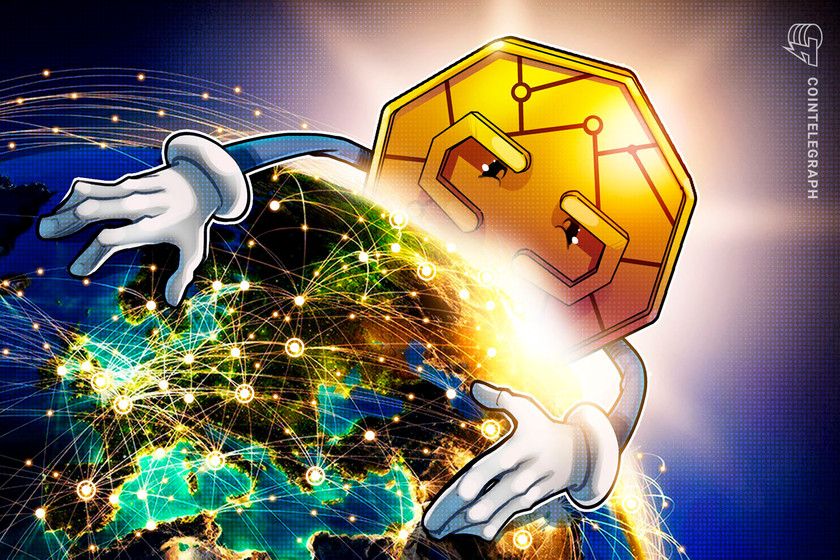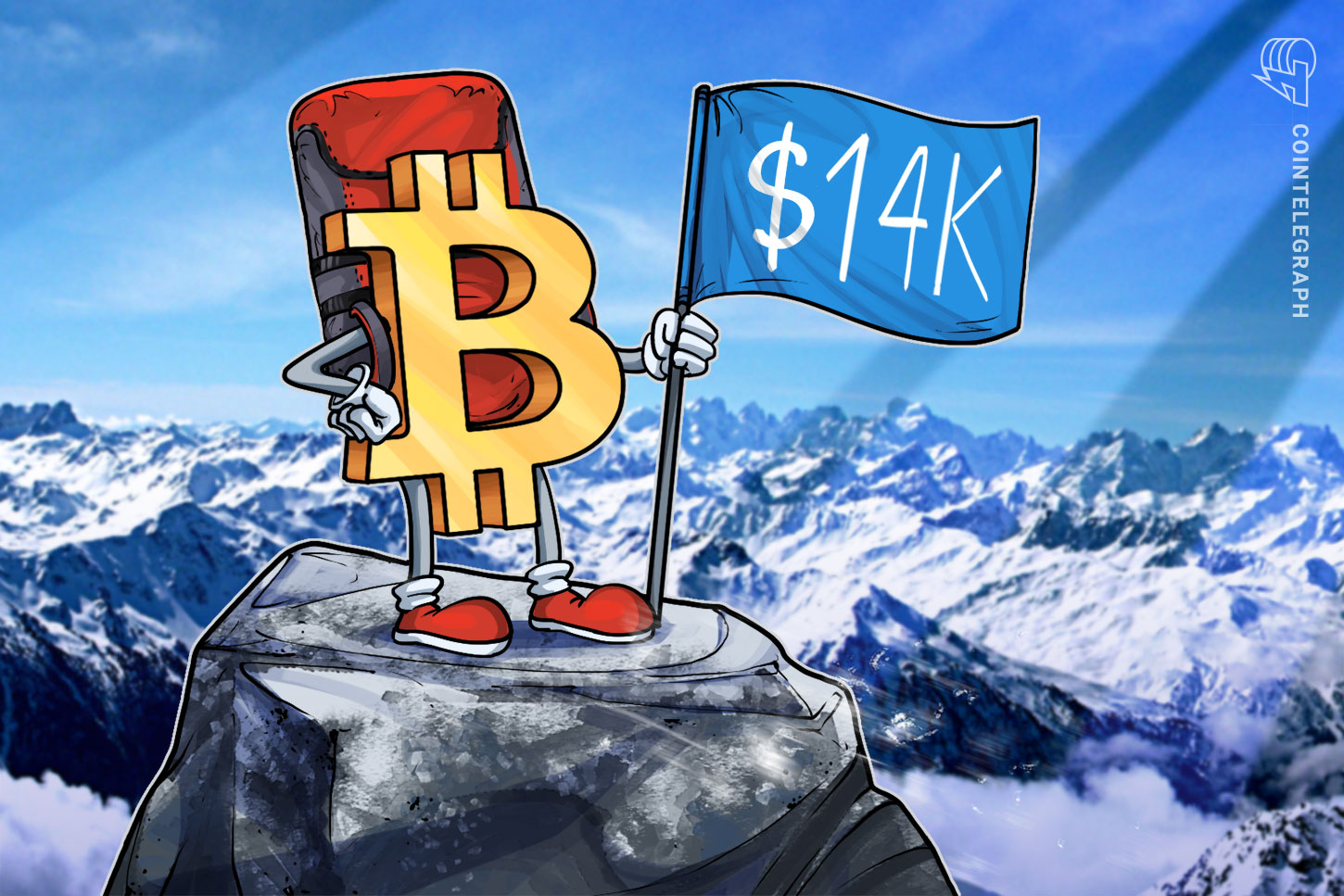False alarm: DOJ did not classify MNGO as a commodity
Avi Eisenberg’s arrest on commodities fraud charges for the Mango Markets exploit raised eyebrows on crypto Twitter and required some processing to work through its intricacies.
201 Total views
1 Total shares

Ho-ho-ho! Get Limited Holiday Trait!
Collect this article as an NFT
Avraham Eisenberg was arrested in Puerto Rico on Dec. 26 on commodities fraud and manipulation charges relating to the $110 million exploit of the decentralized Mango Markets exchange. Eisenberg had self-identified as the actor behind what he called a “highly profitable trading strategy” and insisted that he had taken “legal open market actions, using the protocol as designed.”
Eisenberg’s arrest predictably lit up crypto Twitter, with some observers paying particular attention to the fact that commodities fraud charges were being pressed in a case involving a crypto coin:
“AVRAHAM EISENBERG, the defendant, willfully and knowingly, directly and indirectly, used and employed, and attempted to use and employ, in connection with a swap, a contract of sale of a commodity in interstate and foreign commerce.”
looks like the Department of Justice is calling MNGO and/or CRV commodities (and not securities)!!!! pic.twitter.com/ZklOlubR8u
— scott (@scott_lew_is) December 27, 2022
Eisenberg had manipulated the price of the exchange’s MNGO coin relative to the USDC (USDC) stablecoin and then took out loans against his collateral. For this, Eisenberg was charged with commodities fraud. In the charges against Eisenberg, U.S. Federal Bureau of Investigation special agency Brandon Racz wrote:
“I understand that virtual currencies, such as USDC, are ‘commodities’ under the Commodity Exchange Act.”
DoJ: “USDC is a Commodity”
Guy: “See! Shitcoins like Mango are a commodity, thats totally what the DoJ said.”
This is why you pay lawyers folks. Do not do your own lawyer-ing at home, you will get rekt. https://t.co/N9n7k4UdzK
— Mike Stroup (@MikeStroup10) December 29, 2022
The agent’s understanding that stablecoins are commodities is only partially backed up by government policy, although it cites the McDonnell case prosecuted by the U.S. Commodities Futures Trading Commission (CFTC) as precedent. The claim that USDC is a commodity is not as controversial as claiming the same for MNGO, but may have been a conscious choice.
(4) the fact that the case doesn’t characterize the relevant tokens as securities is not in any way bullish/positive and merely arises from litigation strategy–the fewer predicate issues the govt has to litigate in its case, the better
— _gabrielShapir0 (@lex_node) December 27, 2022
The legal strategy behind the DOJ’s choice of the Commodity Exchange Act (CEA) to prosecute the case seemed to be grounded in expediency. For one thing, the CEA addresses price manipulation directly.
Related: Hackers copied Mango Markets attacker’s methods to exploit Lodestar — CertiK
In addition, the CFTC is often seen as taking a softer approach to crypto regulation than the SEC, although that perception is disputable.









